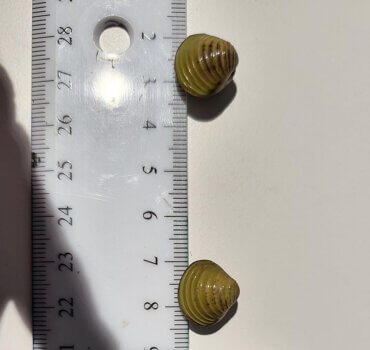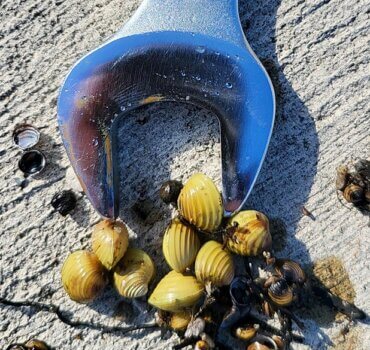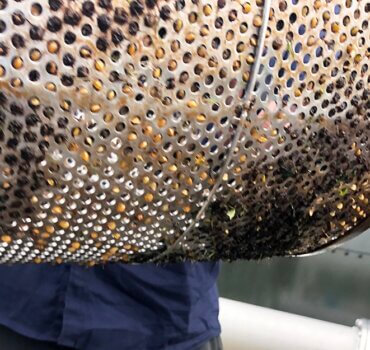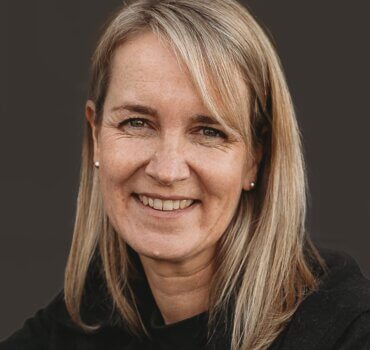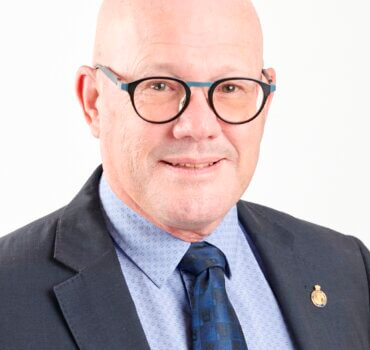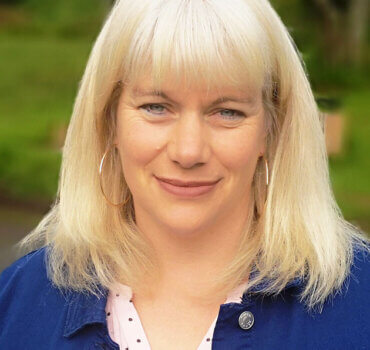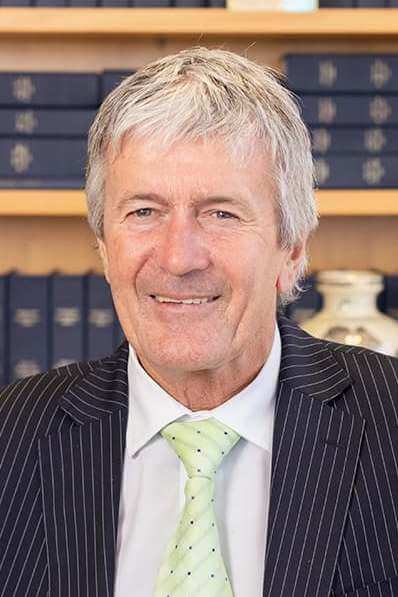The Ministry for Primary Industries has been slammed for its response to the golden clam incursion into the Waikato River at Lake Karāpiro.
In a report released today by Parliament’s Environment committee, it has recommended that government gives “urgent consideration” to developing a national surveillance system and increase the resources devoted to management and control of golden clams.
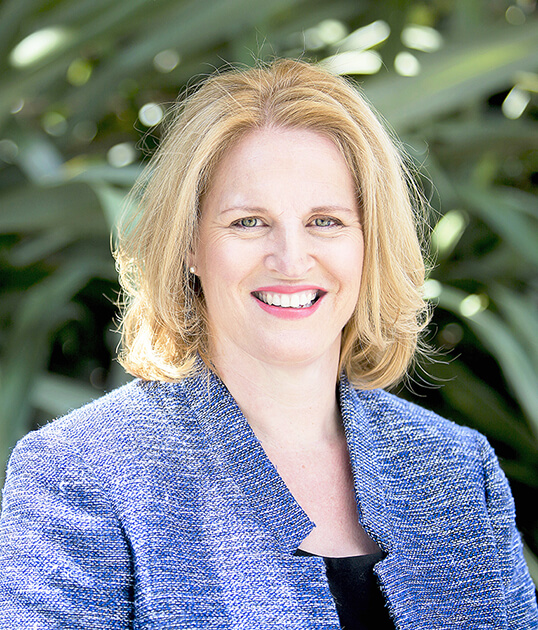
Louise Upston – Not told
And in a response similar to The News’ in June, they have criticised MPI’s communication to partners and stakeholders telling the government watch-dog agency to reviews its decision-making process around eradication as an option.
“The incursion of golden clams in the Waikato River poses a great threat to the environment, the biodiversity of the Waikato River, and critical infrastructure. We are concerned that if this issue is not dealt with urgently, and more resources directed to surveillance and control, the species could spread and pose a significant threat to New Zealand’s freshwater ecosystems and infrastructure,” the report says.
“We share submitters’ concerns that MPI’s response to the incursion has lacked urgency, that there is no national surveillance strategy, that it appears MPI has prematurely eliminated the option of eradication, and that the ministry’s communication with stakeholders has been sub-optimal.”
Stakeholders told the committee they sensed a “lack of haste” by MPI comparing it to the immediate mycoplasma bovis outbreak and saying if it had affected New Zealand’s primary industries, rather than biosecurity and infrastructure, there would have been a more urgent response to the issue.
The report goes on to say the committee “expressed concern” to MPI that local MP Louise Upston and senior officials at Waipā and Waikato regional councils were not alerted until the day MPI informed the public.
“The siloed approach that MPI has taken during this process fails to take advantage of the collaborative relationship that had previously been established between the river partners.
“We encourage MPI to take steps to improve its communication to stakeholders to ensure that all stakeholders are up to date with the developing situation in the Waikato River.
“Implementing an effective communications process will prevent future delays and improve the trust that river partners have in MPI’s response. We consider that there needs to be a timeline to urgently develop a plan to manage events occurring on Lake Karāpiro because of the potential for users to spread golden clams,” the report says.
See: Damn the clams
June 22, 2023
Waipā councillors say a government watch-dog agency failed to raise a red flag when it learned super breeding invasive gold clams were found in the Waikato River at Karāpiro.
They lamented the agency’s apparent lack of urgency at a meeting this week noting it did not alert the council at a high enough level or run any advertising warning lake and Waikato River users about the risk of picking the clams up and introducing them into other waterways.
“This could be quite disastrous for us,” said deputy mayor Liz Stolwyk.
The News learned that other river territorial authorities – including Waikato Regional, Waikato district and Hamilton city councils – were also kept out of the loop.
- Susan O’Regan
- Garry Dyet
- Liz Stolwyk
Waipā mayor Susan O’Regan and chief executive Garry Dyet were among the region’s council bigwigs who summonsed Ministry of Primary Industries (MPI) biosecurity staff to a meeting in Hamilton before Fieldays.
MPI director general Ray Smith conceded his organisation had not escalated the issue to mayors and chief executives. They would be part of any ongoing activity, he said.
He suggested there were other government organisations, and even the Waipā council itself, who might have been aware of clams in the river for some time.
“They’ve probably been in the waterways more generally for two years because of the size of the clams.”
The News understands it was not an MPI scientist who discovered the clams last month but a researcher from another government organisation.
In recent weeks, the clams have been detected in the Waipā water supply at the Pukerimu intake and Parallel Road water treatment plant and hydro dam operator Mercury confirmed it had found clams in one of its water intakes at Karāpiro.
“We’re still early enough to get on top of what we’ve got,” said Smith.
But Stolwyk and O’Regan are unconvinced.
“We weren’t part of the initial communications. This could get away on us very quickly and perhaps we need to prioritise this right now,” said Stolwyk who has another reason to be frustrated.
She manages the Karāpiro Domain which attracts thousands of people to events on the lake every year.
“Every day is a potential risk,” she said.
The tiny gold clams are prolific breeders – up to 400 every day – and initial reports suggested there was no likelihood of eradicating them. The clams are hermaphroditic – having both male and female reproductive organs. They typically spawn (breed) in spring and late summer.
The News spoke to Smith at Fieldays and suggested to him the oversight was a costly communications’ error given the impact on the district’s economy. He disputed that, saying MPI had set up a website where people could report any clam sightings.
O’Regan told the Service Delivery committee she spoke to Agriculture minister Damien O’Connor at Fieldays and shared her frustration at the lack of communications from MPI at an executive level.
“They’ve (MPI) learned now not to access the organisation at a lower level.”
She said Biosecurity NZ was considering whether to call for it to be classified as an “unwanted organism” while Waikato River iwi had discussed the possibility of putting a rāhui in place – essentially prohibiting human use of the lake and the river.
Smith said the critical thing was to find out how far the clam had spread and to put a management plan in place.
“We’ve got to take this sensibly and plan our way forward.”
He urged river and lake users to “give boats a good clean on the way out.”
Waipā Water Services manager Martin Mould downplayed the clams’ risk to the district water supply.
“It’s almost an irrelevance,” he told councillors.
The water taken from the Waikato River and into Waipā was treated and any risk removed by the treatment processes.
- 28 June 2023 – This online version differs from the printed version. We have removed a sentence which was incorrect.


